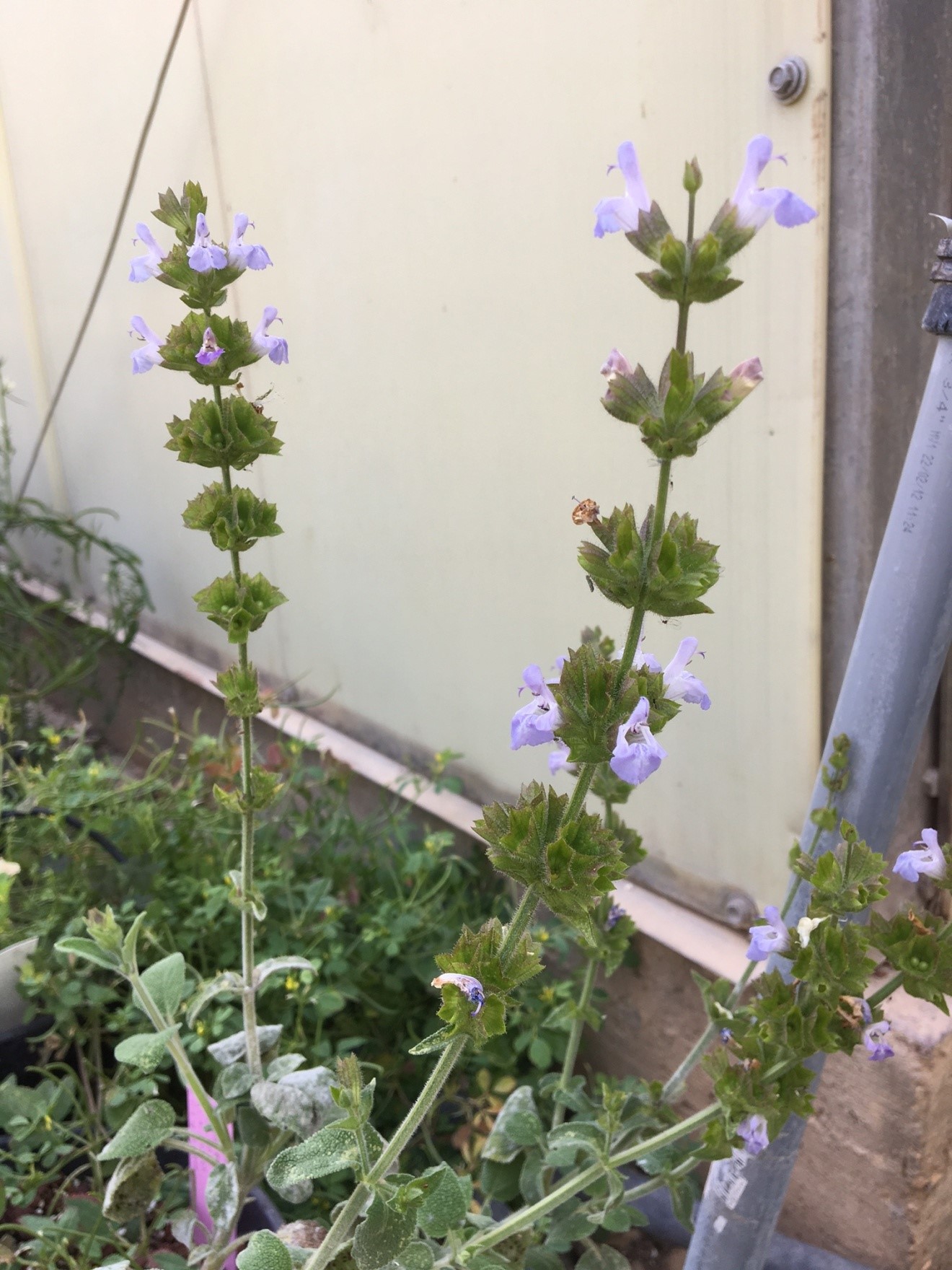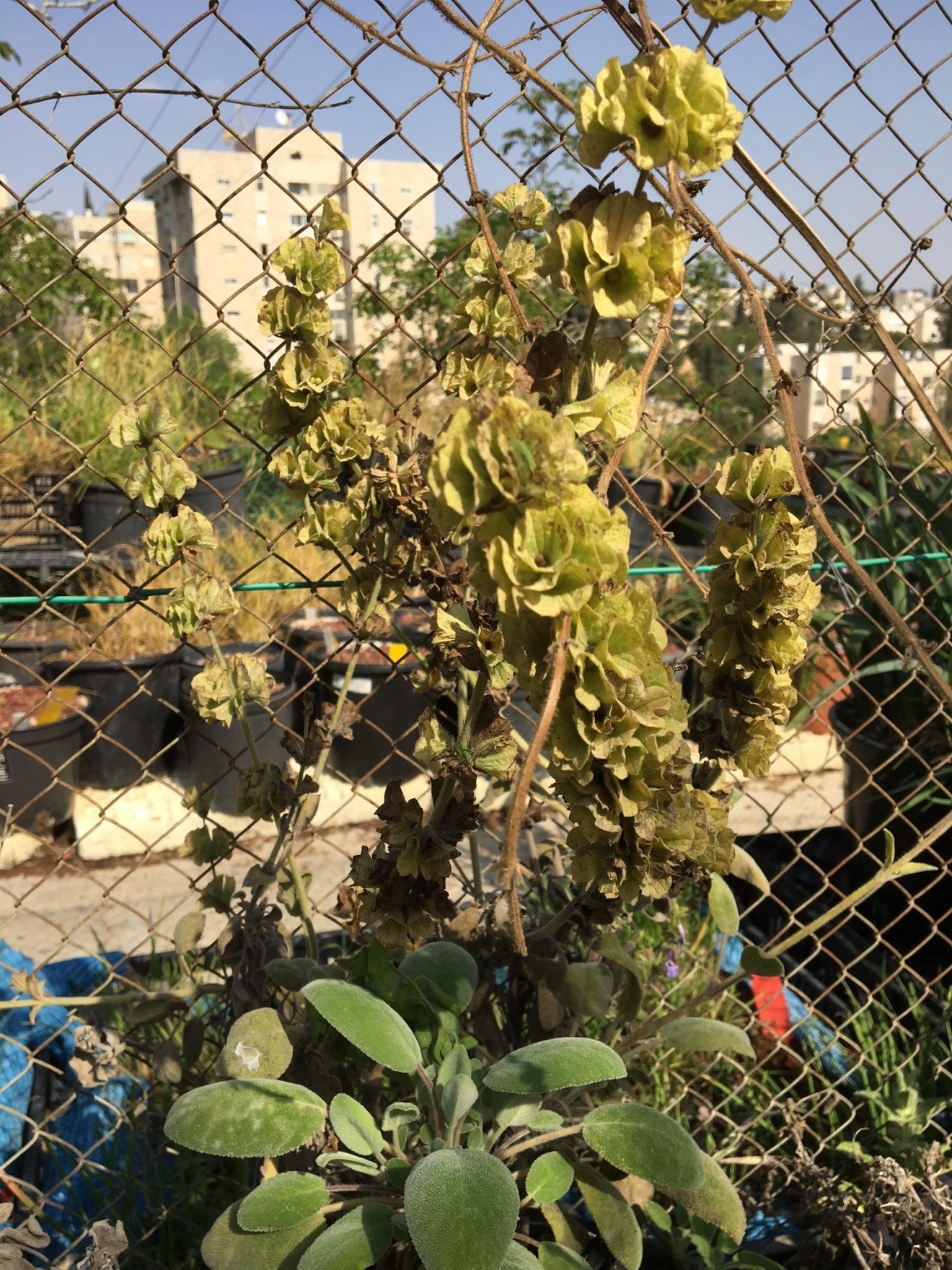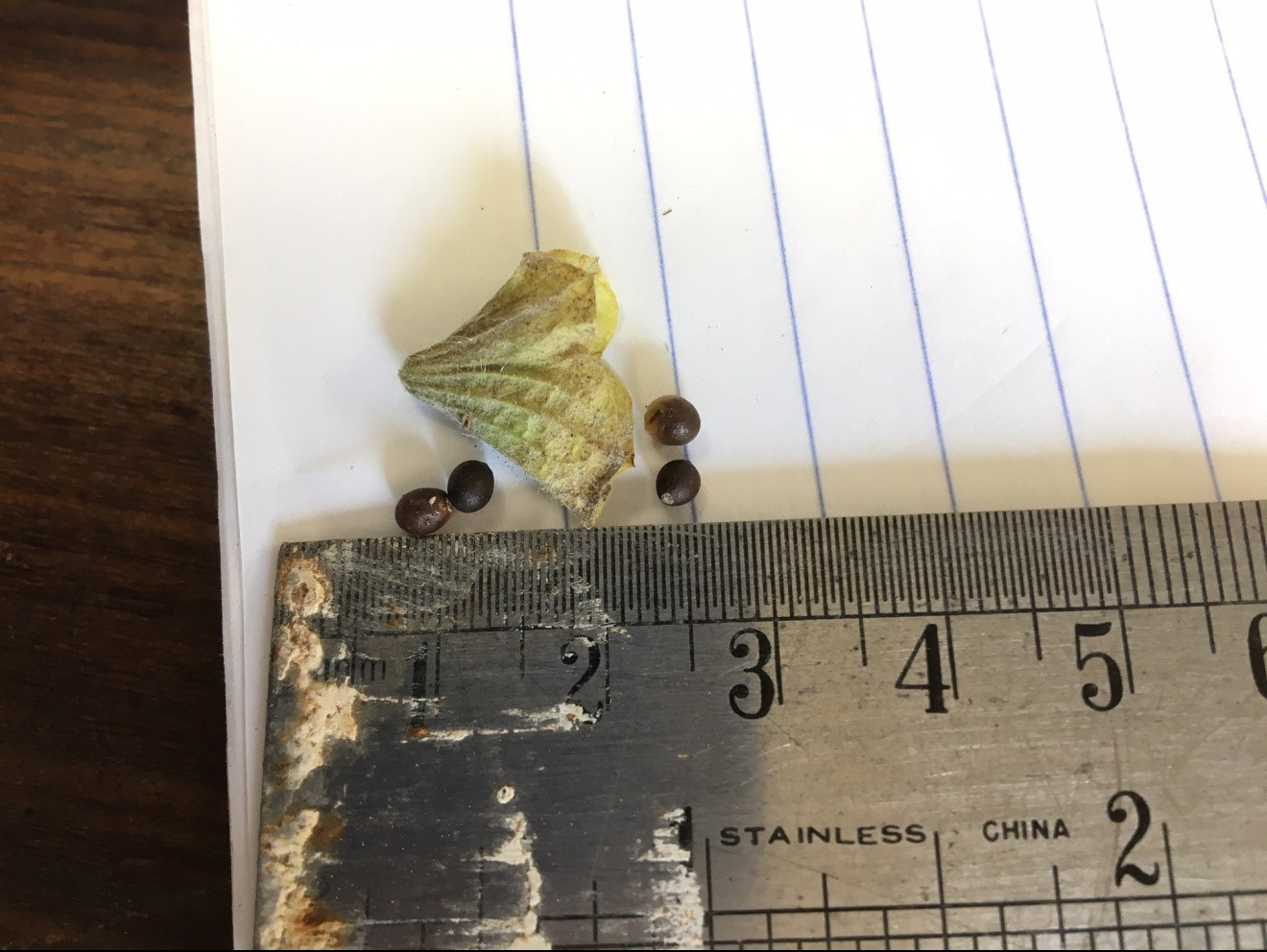Seed collecting from our rare plants
- friendsjbg
- May 9, 2018
- 1 min read
Updated: May 27, 2025
Brandon, our current propagation intern, writes about his current work …
Having worked at the Jerusalem Botanical Garden for over three months, I can now say that I have settled in. What I do day-to-day varies slightly but currently my job is primarily seed collecting.
One of the greatest aspects of managing the rare plant collection is ensuring that plants propagated from either seed or a vegetative state live long enough to produce viable seed. As most native Israeli plants are annuals, most of our plants here at the nursery begin growing or are planted in the autumn or winter when the rainy season begins and then by the end of Spring, when the temperatures increase and rain becomes more sporadic, plants are triggered into senescing. This natural cycle dictates what work needs to be done at the nursery and when.
Below is a perennial, Salvia multicaulis that I have collected seed from today. This Salvia, native to Israel is extremely rare, being found only in the Judean Mountains.

At the flowering stage with violet-blue flowers (photo Brandon George)

When the flowers fall off, the bracts remain on the flowering stem and it is within these bracts that the seed develops (photo Brandon George)

Each single bract contains only one seed (photo Brandon George)
Each single bract contains only one seed (from what I have seen so far collecting them) which makes the collecting process for this plant a bit time-consuming. Fortunately, here at the Gardens, we have a fantastic group of volunteers who clean and store seeds, making my job as an intern much easier.



Comments